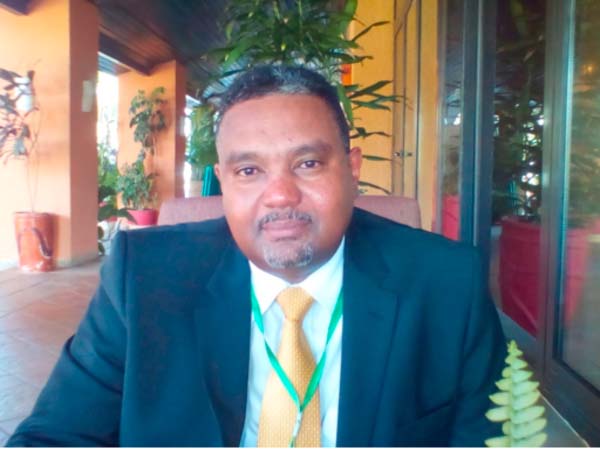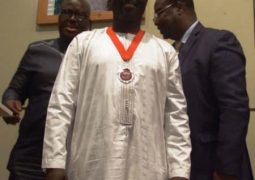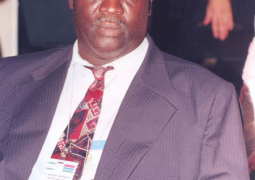
The
Gambia was not the first to pull out from the International Criminal Court
(ICC); Burundi and South Africa had done so recently.
“We
may recall during the AU submit, in Kajali July this year, that there was an
intensive debate for a collective pull out from the ICC, simply because the ICC
ignored the recommendations made by African countries to reform the court; and
to make the court as the last resort to complement the national judicial
systems,” said Dr Salah Hammad, head of the Human Rights Unit at the Department
of Political Affairs of the African Union.
Speaking
in an interview with The Point newspaper regarding The Gambia’s pulling out of
the ICC, Dr Hammand said the ICC and the Security Council of the United Nations
totally ignored the recommendations made by the African countries.
Dr
Hammad said further that African countries remain voiceless at the ICC, even
though African countries have the largest bloc at the ICC.
There
was an agreement by African states for a pullout, which stated that each member
state should pull out individually, since the ratification of the Charter was
done by member states individually.
“This
is basically a normal reaction that took place in Kigali, and now it is the
responsibility of the member states to take up the responsibility to pull out,”
Dr Hammad added.
He
said the question now is whether the ICC is ready to reform itself; to
reconsider the recommendation; to implement it, so that the African member
states that have pulled out from it would reconsider returning to it.
He
urged the member states to comply with the recommendations of the Kigali
Summit.
“The
decision is already made, and there will be more member states to pull out in
upcoming weeks or months. The encouragement has already been done at the
summit.”
This
decision is in conformity with the resolution of African Union. So The Gambia’s
decision was not taken in isolation, he said.
The
leadership of the country has followed up the commitment made at the Kigali
Summit, and it is an indication that The Gambia is part of the African Union
family, according to Dr Hammad.
Read Other Articles In Article (Archive)



